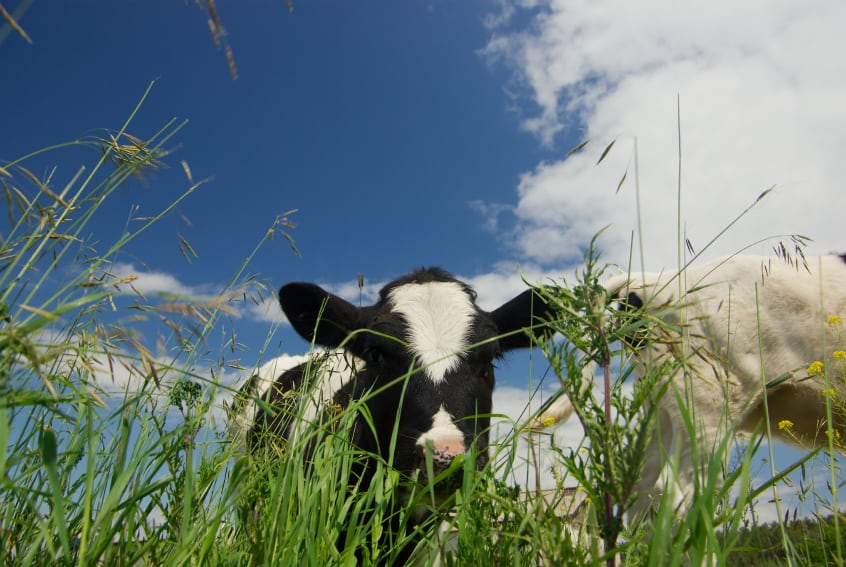In its July 2018 consumer insights report, the UK’s Agriculture and Horticulture Development Board (AHDB), highlighted that only a “tiny minority” (2%) of the population is vegan and that 91% of British households purchase red meat.
However, veganism is attracting a “disproportionate amount of media attention”, wrote Susie Stannard, AHDB senior consumer insight analyst. “Correlation does not imply causation but it is undeniable that the platform [Instagram] has been used very effectively as a tool to share recipes and ideology.”
This is particularly true amongst younger shoppers, where veganism has “become a badge of identity or a tribal marker, much like identifying as other youth tribes such as ‘gym bro’ or ‘craft beer nerd’,” she suggested.
However, the concern for the meat and dairy sectors is that this is unlikely to be a fad, with several “anchor points” suggesting veganism and flexitarianism – which involves reduced meat consumption, often for health reasons – are here to stay.
Health, innovation and environment drive uptake
The desire to seek good health (even if, in AHDB’s words this is “misguided”) has encouraged more and more people to seek out meat- and dairy-free options. Research by Kerry Group reported recently by FoodNavigator has shown 71% of consumers view proteins from plants to be healthier. Medical professionals are increasingly supporting plant-based eating, too.
Investment in alternatives is rising rapidly, which has improved the technological capability to produce meat- and dairy-free products that can attract traditional meat-eaters. Cellular technology is also a looming threat to traditional meat production – there are no products available to buy yet but it could help solve some serious problems – including the impact of livestock farming on the environment.
Concern about the environment is another anchor point – and one that AHDB suggested has been “exploited” by those promoting vegan diets.
Meat and dairy must respond
Regardless, all these factors working together points to a more lasting disruption, Stannard concluded. So, how can the meat and dairy industries respond?
Better marketing, for one, including more brand- and solution-led marketing. “The industry needs to look at new ways of marketing meat and dairy products, keeping meat and dairy relevant by seeking out real innovation and telling compelling stories to consumers,” Stannard wrote.
A more “balanced” debate on environmental impacts would also help; one that is removed from “ideology” and encompassing the impact of plant-based alternatives.
This could be a hard sell, given the ecological footprint of livestock farming.
Consumers’ views on health are perhaps less intractable. Stannard highlighted how hostility towards fat has softened over time, whilst the desire to eat high-protein diets could act as a counterpoint to some of the arguments put forward by the vegan community, she said.
All this won’t come cheap, but plant-based options are improving fast (in some cases backed by multi-million Euro deals with meat and dairy companies) and flexitarians are growing in number. “Investment in driving down environmental impacts, more ethical methods of production, and in paying close attention to product quality will cost more in the short term,” Stannard said. However, this could become “the price of entry”.


